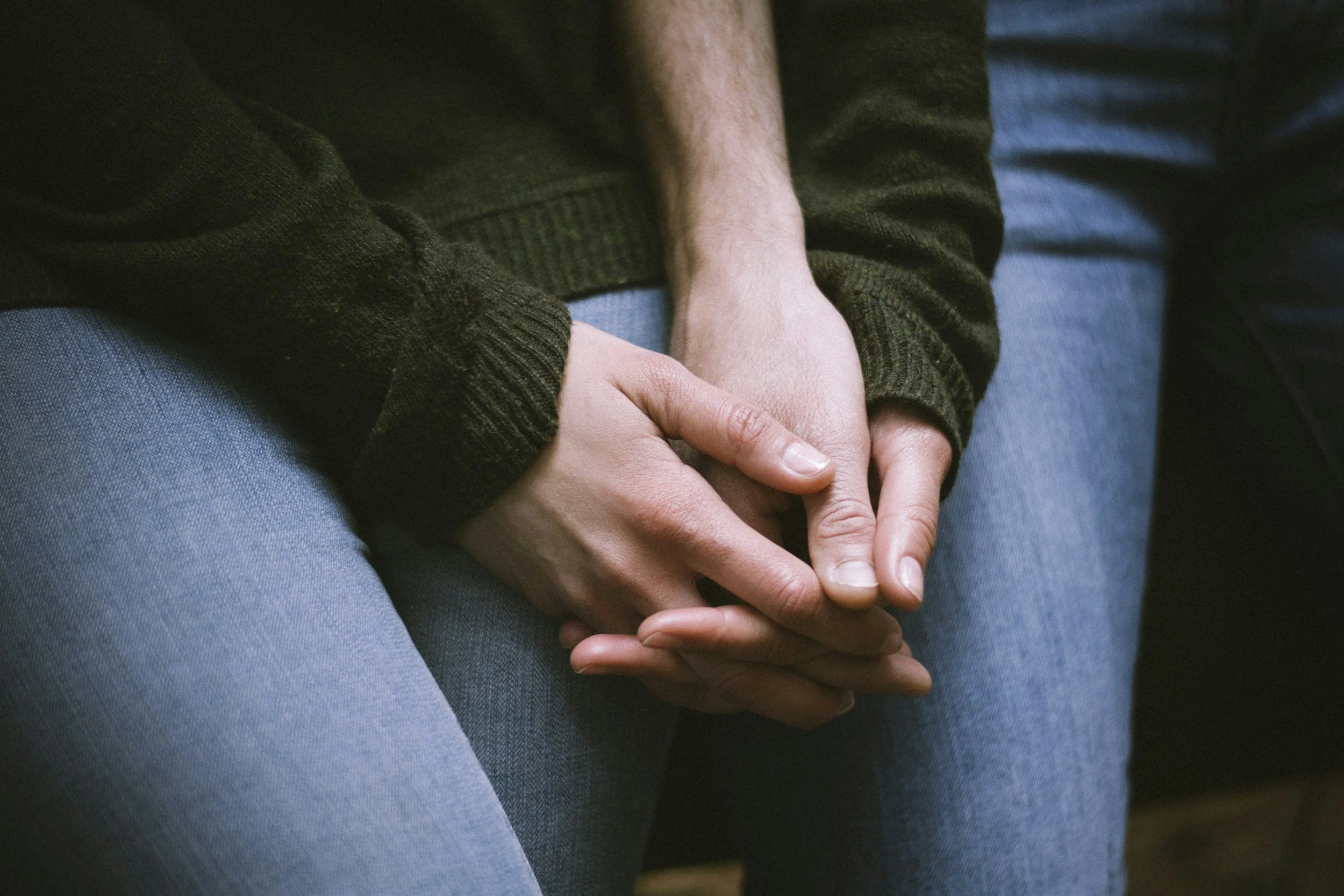Why Your Relationships Feel Hard (Even When You Really Care)
Have you ever wondered why certain situations or relationships seem to bring out the same feelings in you — even when the people or circumstances are different?
Maybe you notice you’re quick to doubt yourself, you struggle to trust, or you feel like you have to keep everyone happy to avoid conflict.
Often, the roots of these patterns go deeper than we realise.
Many of the clients we see come in with a mix of challenges - anxiety, self-doubt, difficulties in relationships, or feeling like they’re “too much” or “not enough.” While the details of each story are unique, we often find a common thread: somewhere along the way, their sense of safety, worth, or connection was shaken. This is what we mean when we talk about early relational wounds - experiences that shape how we see ourselves and how we relate to others.
How These Early Wounds Can Show Up in Your Life
Your relationship with yourself: Feeling like you’re never good enough, carrying a harsh inner critic, or finding it hard to be kind to yourself.
In your relationships: Struggling with boundaries, finding it hard to trust, feeling misunderstood, or expecting others to meet your needs without expressing them.
People-pleasing and perfectionism: Going out of your way to please others or holding yourself to impossibly high standards to avoid criticism or rejection.
Old feelings resurfacing: Feeling like a younger version of yourself has been “switched on” — whether that’s feeling small, powerless, or desperate to be liked.
Emotional awareness: Having a hard time making sense of your feelings or the feelings of others.
Emotional ups and downs: Experiencing intense emotions that feel overwhelming, or feeling emotionally shut down and disconnected.
Persistent anxiety or low mood: Living with ongoing worry, unease, or heaviness that doesn’t seem to lift.
Physical symptoms: Noticing your body holding tension, fatigue, or other symptoms like gut discomfort or chronic pain.
How Therapy Can Help
Therapy offers a safe, non-judgemental space to:
Understand where your patterns come from - and how they’ve been trying to protect you.
Shift from self-criticism and shame to greater self-acceptance and compassion.
Build your ability to sit with uncomfortable feelings without feeling overwhelmed.
Connect with and care for the parts of you that feel younger or more vulnerable.
Develop a more authentic relationship with yourself.
Build trust and safety in relationships with others.
Learn to set boundaries and honour your own needs.
Recognise the link between your emotional health and physical symptoms.
The First Step
You don’t need to have the “right” words or a neat explanation for what’s going on. We’ll start where you are - with whatever feels most present, whether that’s a vague sense of unease, a specific problem, or even “I don’t know.”
From there, we’ll begin piecing things together, one conversation at a time.

